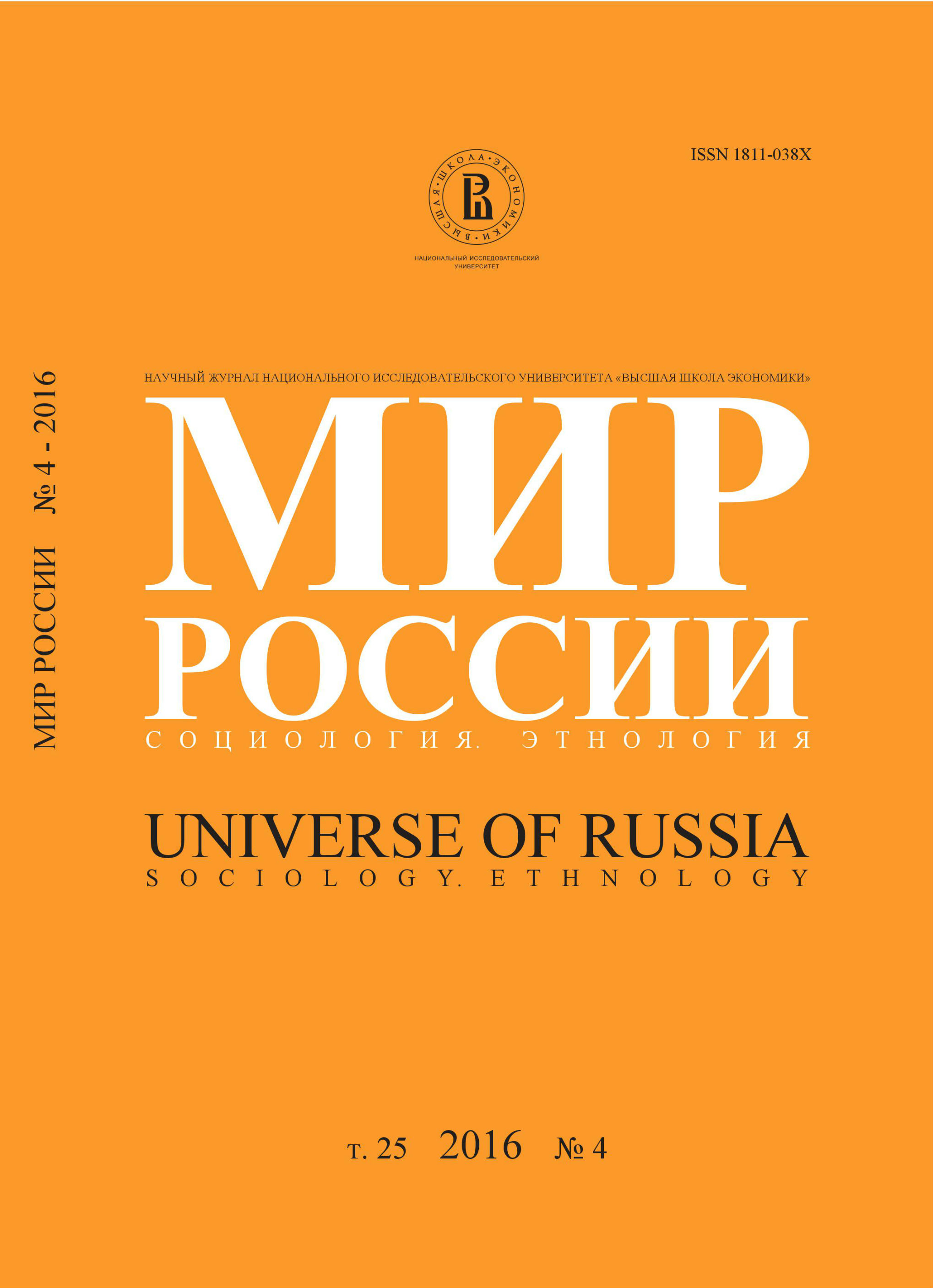Russian Educational Policy of the Late 1980s—Early 2000s: Declarations and the Actual Impact on Inequality in General Education
Abstract
Sergey Kosaretsky — Head, Centre of Social and Economic Development of School, Institute of Education, Higher School of Economics. Address: 20 Myasnitskaya St., Moscow, 101000, Russian Federation. E-mail: skmsk@mail.ru
Irina Grunicheva — Researcher, Institute of Education, Higher School of Economics. Address: 20 Myasnitskaya St., Moscow, 101000, Russian Federation. E-mail: i.grunicheva@mail.ru
Mikhail Goshin — Analyst, Institute of Education, Higher School of Economics. Address: 20 Myasnitskaya St., Moscow, 101000, Russian Federation. E-mail: m.goshin@mail.ru
This article analyses Russian educational policy of the late 1980s—early 2000s through the study of official documents related to the reforms, educational statistics, legislation and direct in-depth interviews with experts in the field. It is shown that the goal of reaching equity in education was supported neither legislatively nor organizationally. On the contrary, the adoption of neoliberal approaches to managing education stimulated the growth of educational inequality in terms of the differentiation of schools by level of resource provision and performance.
Several similarities are found in the outcomes of the measures pursued by Russian policy-makers and the effects of neo-liberal, meritocracy-oriented strategies in countries with high social inequality. However, the specifics of the Russian context also played an important role. Instead of allowing free and fair competition in Russian general education, the reform stimulated the growth of informal relationships, which enabled access to high quality schools on the basis of status privileges and socioeconomic standing and which perpetuated inequality in access to resources for different types of schools.






